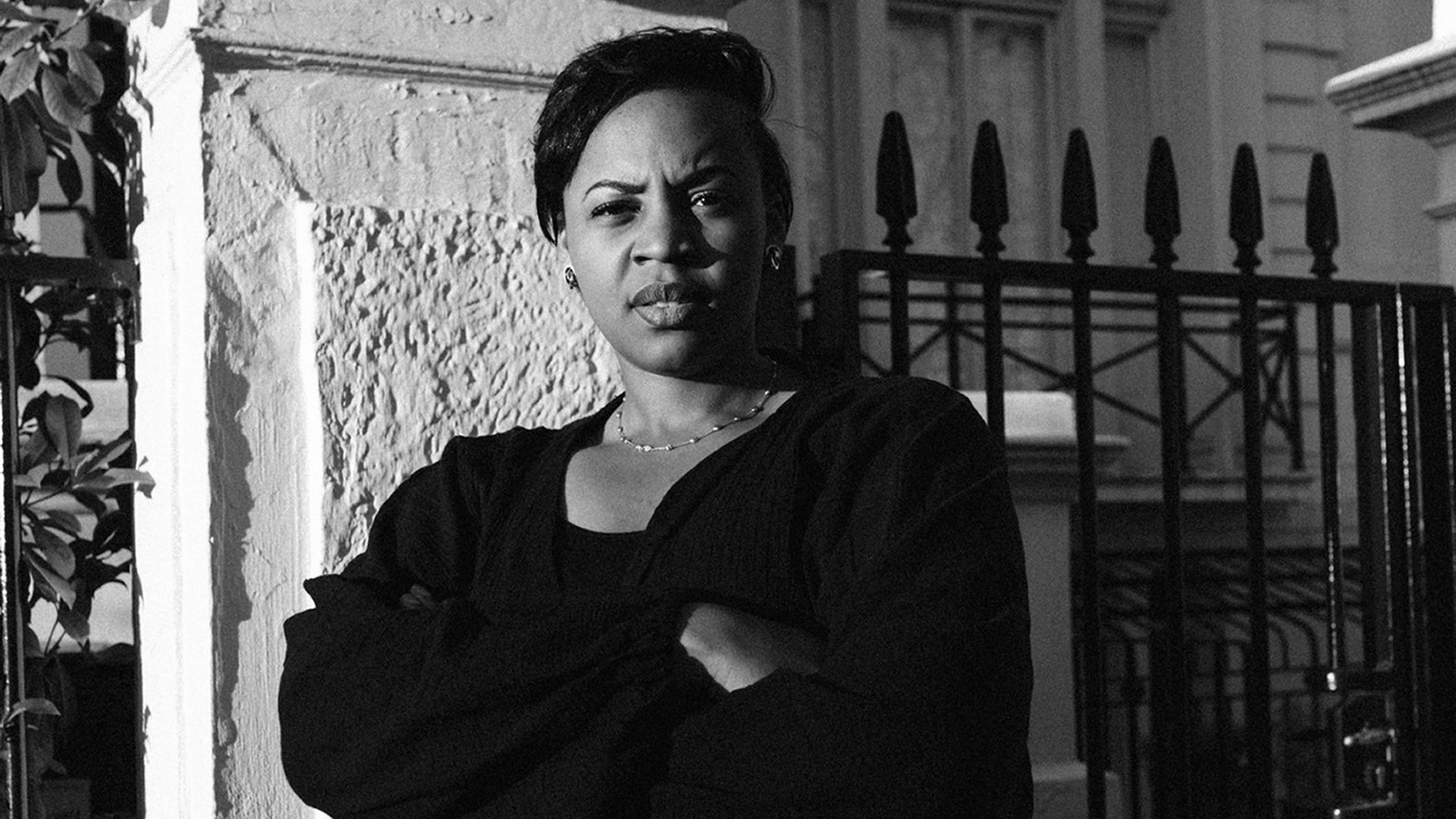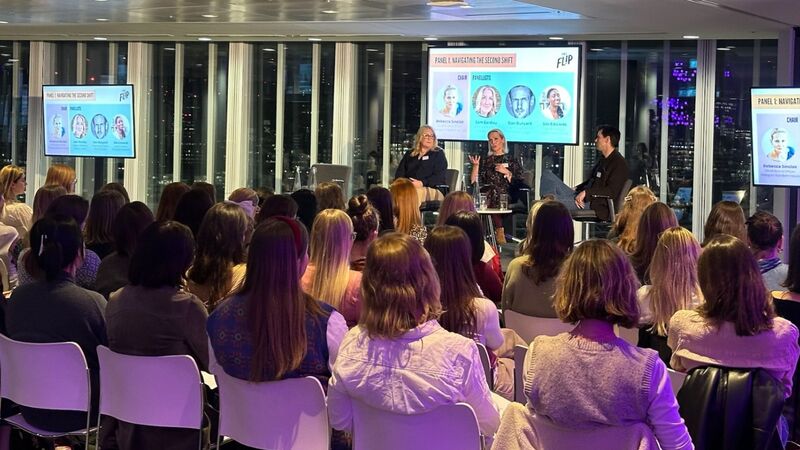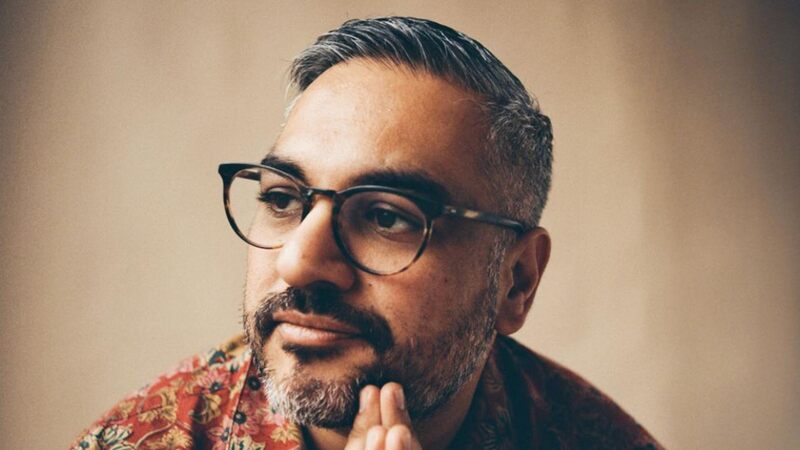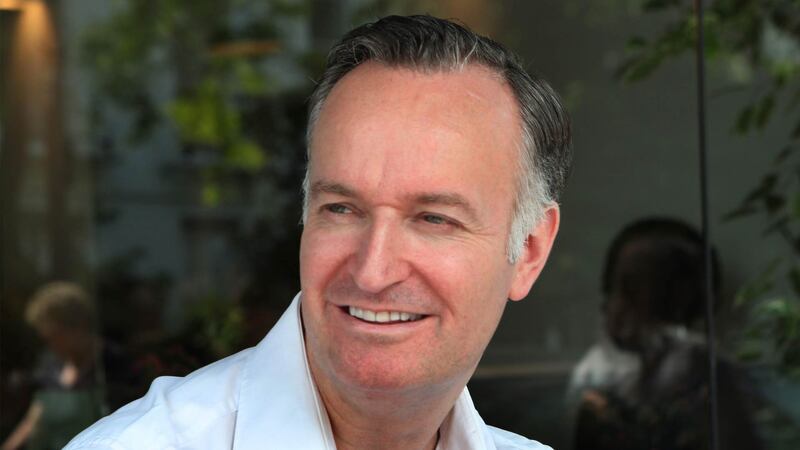You are viewing your 1 free article this month. Login to read more articles.
HarperCollins’ Adimora on acquiring new talent and ‘speeding up the process’
Nancy Adimora rejoined HarperCollins UK as talent and audience development manager, Diversity & Inclusion, in February 2020, a new role reporting to HarperCollins c.e.o. Charlie Redmayne. Adimora works across the business to attract new authors and will help reach and market to new audiences and deepen engagement with communities currently underserved in publishing. She talks about how the role has developed over the past 18 months.
Can you describe your role?
The initial conversations were not about “this is your job”, but about designing a role that could address the overarching problem that we could all see. On the talent side, I am almost like an in-house scout. I spend time getting to know the editors, their tastes, and then I’ll go out and actively look for incredible stories from new writers. The idea is to approach talent, pair them with the perfect editor, then hand over to the editor and let them lead the project.
The other half of my role is looking at the entire process and focusing specifically on how we amplify our books and reach new audiences through marketing and publicity. Here, I will partner with different teams across the business and bring my lived experience to the table. In designing this role, I was intentional about finding ways to seamlessly slot myself into an existing process, and I build on the expertise of my colleagues to give new authors the best publishing experience.
What was the aim?
The term we used was “speeding up the process”. [HarperCollins] was already working on this, but we wanted to accelerate it. The aim is to catalyse, to be an extra pair of eyes, or to be that person that can take an idea forward. I have personal targets, and although numbers are important [in terms of acquisitions], I’m trying to look at it holistically. It is a long game and it’s all about demystifying the industry and opening things up.
What is your day-to-day like?
My day’s a mess, right. I am fuelled by jumping from project to project, and I have made myself open for people to approach me. I am trying to be more intentional about setting time aside to think about new ideas. But my diary is also dictated by key meetings, such as the acquisitions meetings, which I make a point of attending. Then I do a lot of outward-focused stuff, like speaking at events, supporting community-based organisations, and working with potential new authors who might not have any experience of publishing.
What has surprised you so far?
Acquisition meetings. When you pitch a book, you might as well be running a tech start-up because you’re effectively pitching for investment in the same way. It sounds obvious, but it has reshaped my thinking around publishing. Everyone loves the warm feeling you get when you read a good book, but there is also a numerical quality to these meetings, which I find fascinating, and it’s helped me think about how to pitch new ideas to teams in the most compelling way.
Can you give an example of how it is working?
Toni Tone was the case study we all needed. She is an example of the kind of exceptional talent we can bring to the table because of this role. With her, I didn’t have to do any research, as she has been on my Twitter timeline for years. The fact she hadn’t been approached by anyone else in the publishing industry blew my mind, but proved the model. When we eventually announced the book deal, the post got over 20,000 likes on Twitter alone: these were the people waiting for this book, and the readers we need to do a better job of reaching. It was the perfect project to work on, and it really validated some of the ideas I had coming into this role.
I’m also co-editing Of This Our Country, a collection of personal essays from acclaimed and award-winning Nigerian writers, with my colleague and fellow Nigerian Ore Agbaje-Williams. It showed me that being proactive can really work. There are endless opportunities to come up with new project ideas in-house, find a creative way to call for submissions within different communities, widen the pool of writers you approach, and introduce more people to publishing.
On the audience development side, while a lot of my work is focused on individual books, we also announced a new marketing fund, where we are putting extra money aside to amplify four key titles across the business. The vision here is to learn as much as possible. We are using that extra resource to experiment and bring in external partners who have connections with different communities across the UK, and we’re sharing all our learnings with marketing and publicity teams across the business, too. We’re trying new things and we’re learning in the process.
Since re-joining HarperCollins in January 2020, there’s been the pandemic, and the murder of George Floyd. How did these two events change your role?
I started my job a few weeks before we went into lockdown, and it completely shifted the way I saw my role. I had planned to be at comedy shows and cultural events, handing out my business card, inviting people out for lunch. Instead, I’ve spent the entire time at home using Twitter and Instagram DMs to reach out. It has been effective, but I see the limitations of social media, so I’m looking forward to eventually getting out and finding talent in the way I originally envisioned.
From the George Floyd perspective, it was a very intense time, and the nature of my role meant that I thought I had a certain responsibility. The biggest shift was that my role became more internal and strategic, in the sense of asking what we were doing and saying as a business, and how we are keeping ourselves accountable.
You report to HarperCollins c.e.o. Charlie Redmayne—how do you get on?
Charlie and I are very different but there’s a mutual respect. You need someone like Charlie who can believe in the possibility of this role, but also someone who can say “go off and do it”. I don’t need to be micro-managed but I feel like I have his full support, and if Charlie is backing you, you have the support from the business. The marketing fund, for example, that’s not my money, that’s the company’s money that Charlie has put forward to support an idea. One thing I love about this job is having the freedom to focus on the work, to present new ideas and get honest feedback. In that way, we work well together.
Your publishing journey has been a successful one, but how do you see it, and what would your advice be to others who are thinking of working in publishing?
My experience in publishing has been unique. I joined as a trainee and was able to see a lot of the business, but then through an events role, I was able to learn how the business operates at a strategic level. My current role challenges the idea that everyone has to follow the same linear paths in publishing. That’s not true. You can take different steps, identify gaps and find interesting ways to create new opportunities. For new people coming into publishing, I often say that you need to believe in your sauce. What I mean is that ketchup doesn’t need to be told it is excellent, it knows it is excellent and it knows what it brings to the table. Publishing is an established industry and there’s so much to learn, but even if you are coming into publishing at a junior level, it’s key to be aware of what you are bringing to the table. I want more people to join this industry believing in their sauce from the get-go.
Publishing is much criticised, what should it do to evolve?
For me it is not enough to just acquire writers from underrepresented backgrounds, if at the same time they are not given the space to write about what they want to write about. It is not just about bringing more writers through, but about acquiring great stories. When you make it more about the story, you can engage with more readers in an organic way. It is not about responding to a trend; publishing should always be about finding great stories from as many writers as possible, for as many readers as possible—that’s a fundamental part of our business model. It’s about the emphasis, and what we put the emphasis on when are doing the work.
And, how does your role evolve over the next few years?
I am trying to make myself as irrelevant as possible. In a couple of years, I want people to wonder why I’m still here, because everyone has found ways to incorporate “talent and audience development” into their day-to-day work. We’re also starting to see new agents who are bringing new talent in: so the goal is absolutely to make myself irrelevant as quickly as possible. For now, is it is about responding to the need in the hope that one day there won’t be a need.
Of This Our Country: Acclaimed Nigerian Writers on the Home, Identity and Culture They Know will be published by The Borough Press on 30th September in hardback, priced £14.99 (9780008469269).
Photograph of Adimora © Jolade Olusanya.















